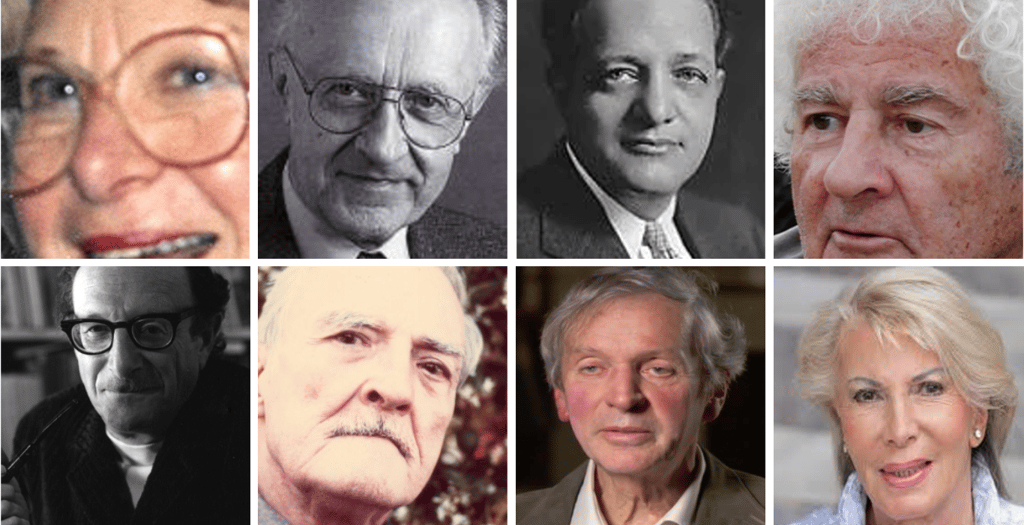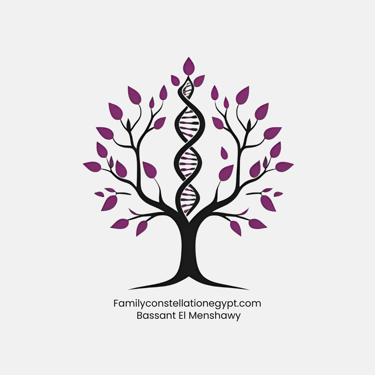Roots of Family Constellation
Bassant El Menshawy
2/16/2025


Roots of Family Constellation
When I first learned about Family Constellation, I heard that Bert Hellinger, who was a missionary priest in South Africa, had developed it through his experiences with the Zulu tribes. That’s the story that’s often shared, and it’s been passed around in different versions.
Oddly enough, Bert Hellinger himself never actually mentioned this connection during his workshops and seminars. If you look through his writings or teachings, there’s no reference to the Zulu tribes influencing his work. Instead, he often talked about how his ideas were shaped by psychoanalysis and the work of other thinkers who came before him.
So, the idea that Family Constellation has roots in Zulu practices seems to be more of a myth than fact.
Maybe, on a human level, it’s not hard to imagine how someone like Bert Hellinger, a European who had lived through the Second World War, would be deeply influenced by his new life in South Africa. there he was, in a completely different land, surrounded by new people, a new community, and new values. It’s only natural that such an experience would make anyone pause and rethink their own beliefs, traditions, and ways of seeing the world.
In South Africa, Hellinger took part in two group dynamics sessions with other priests, where he was on ‘the hot seat’, as Sophie Hellinger described it. These interventions had a big impact on him, after he decided to leave the priesthood and dive into studying psychoanalysis and other fields of psychology, that later helped him developing what we know today as Family Constellation.
It wasn’t something that happened overnight, it was a process shaped by his experiences, studies, and the wisdom of those who came before him. He integrated other fields and transcended their insights into his own unique approach. As Bert Hellinger once said, "I am the mother of Family Constellation." And just like a mother nurtures a child to grow and thrive, Hellinger nurtured this approach with care, insights and wisdom, into what it has become today. A renowned healing approach, that has a profound impact on countless lives across the world.
Following his lead those who came first have a place and because of them we are who we are today. The therapists, philosophers, healers, and explorers who paved the way for Hellinger also paved the way for us. Because of their contributions, we’re forever grateful. Their work lives on in the practices we use today, and their legacy continues to inspire us to learn, heal and grow.
· Virginia Satir 1916-1988
Often referred to ‘mother of family therapy’. She revolutionized the field of family systems therapy. Her work is remarkable and fundamental in the family constellation.
· Ivan Boszormenyi Nagy 1920-2007
Is a key figure in the development of family therapy. He emphasizes on relational patterns and invisible loyalties.
· Jacob L. Moreno 1889-1944
Jacob L. Moreno is a psychiatrist & sociologist known for his innovative development of psychodrama and group psychotherapy. Joseph Moreno nephew of Jacob L. Moreno, known for his integration of music therapy.
· Arthur Janov1924-2017
American psychologist known for developing Primal therapy. A therapeutic approach that focuses accessing and releasing repressed emotions from early traumas.
· Eric Berne 1910-1970
Canadian psychiatrist and the founder of transactional analysis. Ego states and life script approaches are widely recognized key contributions to psychology by Eric Berne.
· Milton Ericson 1901-1980
American psychiatrist and psychologist regarded as one of the pioneers in the hypnotherapy field.
· Rubert Sheldrake 1942
British scientist known for the theory of morphic resonance, the idea past behaviors and experiences influence present and future systems.
· Sophie Hellinger
Wife of Bert Hellinger, founder of Hellinger Leben School, preserved Hellinger’s work and further developed new family constellation and energy method cosmic power.
As we build on Hellinger’s principles, we honor not only Hellinger’s legacy but also the countless teachers, mentors, and thinkers whose ideas and wisdom have shaped this transformative work. Recognizing and honoring this precious lineage of knowledge—our teachers and their teachers—only strengthens our path forward.
